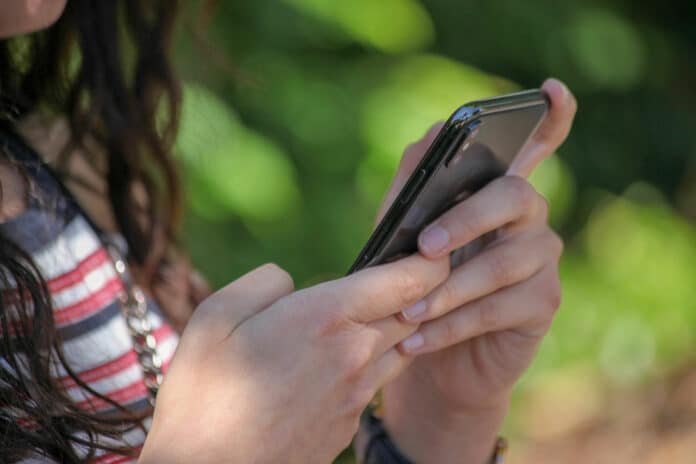Young people have been exposed to unpleasant information regarding COVID-19 during the pandemic without knowing whether they can trust it. This suggests that it is essential to investigate how social media use affects mental health and well-being. Current research gives conflicting impressions of these impacts.
Hence, a new study investigated whether trust in COVID-19 information on social media mediated the link between exposure to COVID-19 information on social media and well-being.
The study by Cornell University found that teens’ trust in the news they consume on social media – or lack of it – may be key to whether it supports or detracts from their well-being.
The findings support a more complex view of how social media use affects well-being and mental health and highlight the need for news literacy initiatives to assist young people in differentiating fact-based, reliable sources from misinformation and conspiracy theories.
Early in the pandemic, the researchers polled nearly 170 teenagers and young adults from the U.S. and the U.K. They discovered that those who trusted the COVID-19 information they saw on Facebook, Twitter, and TikTok were more likely to feel empowered by it, while those who did not were more likely to find it stressful.
Adam Hoffman, assistant professor in the Department of Psychology and College of Human Ecology, said, “It’s not just the sheer volume of social media use that’s going to have this positive or negative effect. It’s how you engage with social media news that will be more influential in determining how it impacts you.”
“Prior research on social media’s impact on wellbeing and mental health is somewhat muddled, finding both good and bad influences. For example, some studies have shown it can foster social connection and self-expression, others that it facilitates bullying and feelings of inferiority.”
The names “doom-scrolling” and, for those attempting to avoid stressful media, “news avoidance” became widely used as the pandemic gained root in the early 2020s due to daily exposure to unpleasant headlines on social media. The World Health Organization has dubbed the widespread dissemination of false information about the virus that causes COVID-19 as an “infodemic.”
In this context, the research team questioned 168 students enrolled in a STEM after-school program about their interaction with COVID-19 news on Facebook, Twitter, and TikTok. These most widely used news-sharing sites have also come under fire for disseminating false information. The ethnically and racially varied participants, whose ages ranged from 14 to 23, with an average of 17, were questioned about their emotional, psychological, and social well-being as well as how frequently they were exposed to COVID-19 information and how much they trusted it.
Interestingly, the average of a few times per week exposures to COVID-19 news either had no impact on happiness or was perceived as slightly favorable. Even though it was challenging or unpleasant, the researchers hypothesized that teens might have felt more knowledgeable about the virus and global events due to exposure to pandemic news.
Greater trust was associated with a more positive sense of social well-being – feeling informed and connected, part of a community – and lower levels, in some situations, the opposite. Yet, trust in the news emerged as a “driving force” in the connection.
Although trust may be beneficial to well-being, “blind” faith in social media news may have a negative effect as well. According to one study, this boosted acceptance of COVID-19 conspiracies and myths. The researchers advise educational institutions to actively teach students the analytical and critical thinking abilities required to recognize reliable information, particularly on social media.
Hoffman said, “It’s not just that we need to trust, but that we need to trust credible sources of news that are factually based and have been vetted. That’s how youth can be informed and have a positive sense of wellbeing and sense of self, and that’s the best of both worlds.”
Journal Reference:
- Adam J. Hoffman, Luke McGuire, et al. The importance of trust in the relation between COVID-19 information from social media and well-being among adolescents and young adults. PLoS One. DOI: 10.1371/journal.pone.0282076
